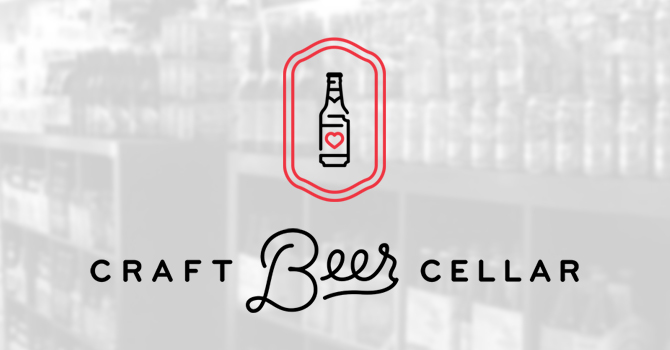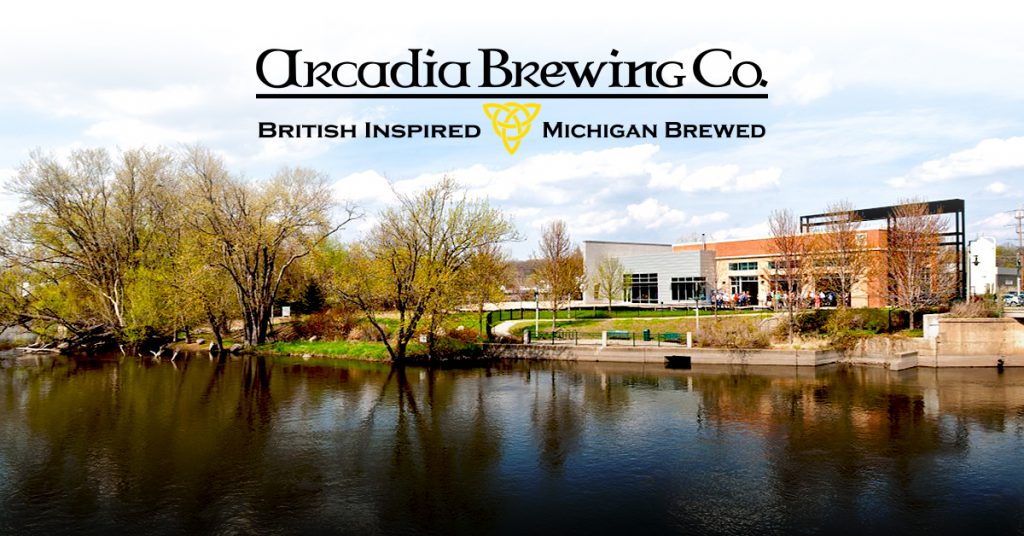
Boston Globe Outlines Turmoil at Craft Beer Cellar Franchise
Massachusetts retail franchisor Craft Beer Cellar is under fire from several franchisees who claim the package store’s founders provide new store owners with inflated sales projections while underestimating startup costs, according to the Boston Globe.
Craft Beer Cellar founders Suzanne Schalow and Kate Baker have denied the claims. They’ve also posted a series of blog posts to the Craft Beer Cellar website criticizing the work ethic of some of their franchisees. Schalow and Baker, who are married, have also blamed some of the issues on “a group of mostly middle-aged, white males, who are fueled by their own internal rage and hatred of women and sexual orientations that are different from their own.”
Franchisees for stores in the Fort Point and Fenway neighborhoods of Boston, as well as the nearby towns of Swampscott and Winchester, issued a joint statement to the Globe denying the claims of misogyny and homophobia, calling them “astounding and unfounded.”
While some franchisees have succeeded, several others have flopped. In the last five weeks, five Craft Beer Cellar franchise stores announced they were closing their doors, according to the outlet. In addition to those stores — located in Swampscott, Winchester, Fort Point and Roslindale, Massachusetts, as well as Columbia, Missouri — several other Craft Beer Cellar franchise locations have shuttered in recent months, including outposts in West Hartford, Connecticut; Portsmouth, New Hampshire; Bozeman, Montana; Port Washington, New York; Fort Collins, Colorado; Framingham; Massachusetts; and Gardiner, Maine.
Three other stores — in Sudbury, Massachusetts; Portland, Maine; and Brandon, Florida — no longer operate under the Craft Beer Cellar name. And a Newton, Massachusetts-based Craft Beer Cellar franchise was sold to a new owner earlier this month, the Globe reported.
Schalow and Baker told the Globe that some Craft Beer Cellar franchisees are “damaging the reputation” of the brand by not following their business model. They added that they may have to step in and close some additional locations.
The Globe, citing California franchise disclosure documents, reported that Schalow and Baker’s flagship Belmont store made nearly $2 million in revenue in 2018. Meanwhile, the other 29 stores averaged $532,000 in annual revenue.
Nevertheless, Craft Beer Cellar’s parent company, Craft Beer Stellar LLC, has faced its own financial issues. According to documents from the U.S. Department of the Treasury reviewed by Brewbound, a federal tax lien in the amount of $46,715.12 was placed on property belonging to Schalow and Baker last April. The company reportedly took out a loan to pay off the lien, according to the Globe.
Additionally, the company operated at a loss in 2017 of $218,000, which Schalow told the Globe was due to legal expenses incurred while fighting several lawsuits. Last December, a lawsuit brought by Craft Beer Cellar against franchisees, that was related to negative posts on the employment website Glassdoor, was dismissed.
Read the full story here.

Texas To-Go Sales Bill Passes House
The Texas House of Representatives passed a bill last week that included an amendment that would allow the state’s manufacturing breweries to sell beer to-go, according to the Texas Tribune. The bill included another amendment that would extend Sunday beer and wine sales hours at grocery and convenience stores.
Both amendments were attached to a bill regarding the future operations of the Texas Alcoholic Beverage Commission (TABC).
The to-go beer sales amendment, sponsored by Rep. Eddie Rodriguez (D-Austin), narrowly passed on a 70-65 vote, according to The Austin Chronicle. The amendment was the product of a compromise reached in February by the Texas Craft Brewers Guild and wholesaler group the Beer Alliance of Texas. Under the terms of that deal, consumers would be allowed to purchase up to two cases of beer (576 fl. oz.) per day from manufacturing breweries for off-premise consumption. Those sales would count against those companies’ existing 5,000-barrel cap on on-premise taproom sales.
Despite the compromise, the measure has met resistance from Texas’ other powerful beer wholesaler lobbying group, the Wholesale Beer Distributors of Texas (WBDT).
The legislation now advances to the Senate, which could strip the amendment from the bill. If the amendment fails prior to the Legislature’s May 27 adjournment, craft brewers will have to wait two years before they can address the issue again.

Arcadia Transfers Brewery Property Ownership to Bank
Arcadia Brewing Company founder and CEO Tim Suprise signed a “quitclaim deed in lieu of foreclosure” in mid-March that transfers over ownership of the brewery’s Kalamazoo property to its mortgage lender, First National Bank of Michigan, for $1, according to MLive.com.
Arcadia has been facing foreclosure for several months due to owing more than $1.4 million on its mortgage as well as thousands of dollars in unpaid taxes.
According to Karen Hencken, a certified court officer who is in charge of mortgage foreclosures in Kalamazoo County, a foreclosure auction for the property is scheduled for Thursday, May 2. However, auctions have been rescheduled several times over the last four months.
Last month, Arcadia averted a tax foreclosure by paying its unpaid 2016 property tax bill. Still, the company owes more than $185,700 combined for unpaid property taxes in 2017 and 2018.
In the meantime, Arcadia has remained open, announcing earlier this month that it would continue to operate under “winter hours.”
Suprise, who did not return a message seeking comment, has maintained since late December that he was close to securing a “strategic partner” to avert foreclosure.

A-B Responds to MillerCoors Corn Syrup Lawsuit
Anheuser-Busch has filed a response to the deceptive advertising lawsuit brought by MillerCoors last month, arguing that its Bud Light Super Bowl ads and subsequent “transparency” ad campaign are “examples of truthful, comparative advertising in a competitive market.”
According to MillerCoors’ lawsuit, A-B purposely misled drinkers into believing that Coors Light and Miller Lite contain high-fructose corn syrup with advertisements that discuss those brands’ usage of “corn syrup.” MillerCoors also sought an injunction to stop the campaign and monetary damages.
In its response filed April 18, A-B argued that MillerCoors has listed corn syrup as an ingredient on its own website. Additionally, the world’s largest beer manufacturer said it never “disparaged corn syrup, suggested that corn syrup is ‘in the finished product,’ or even mentioned the words ‘high fructose corn syrup.’”
A-B also refuted MillerCoors’ claims that the ads have caused MillerCoors “irreparable harm.” In fact, the company said public statements made by MillerCoors executives touting market share gains “contradicted” those claims
A-B is asking the court to dismiss the case.